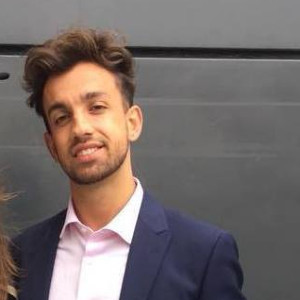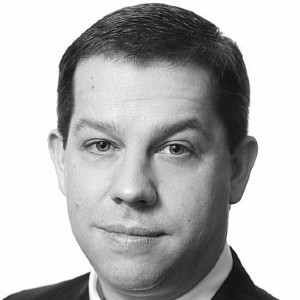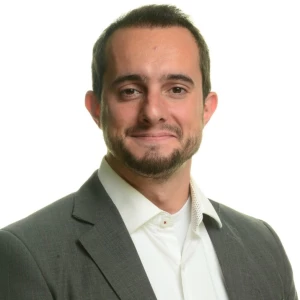Hello all,
Anyone could share views especially real experience on questions for 2nd round Mck interviews?
1. PEI
- What questions would be expected apart from the PEI stories? (like tell me about yourself? .. and?)
2. Case
- any focus or types of case? (I got feedback that need to work on my structure. So, how to focus on improving my structure?)
3. Other things that Partners valuate more ?
Thanks in advance!














